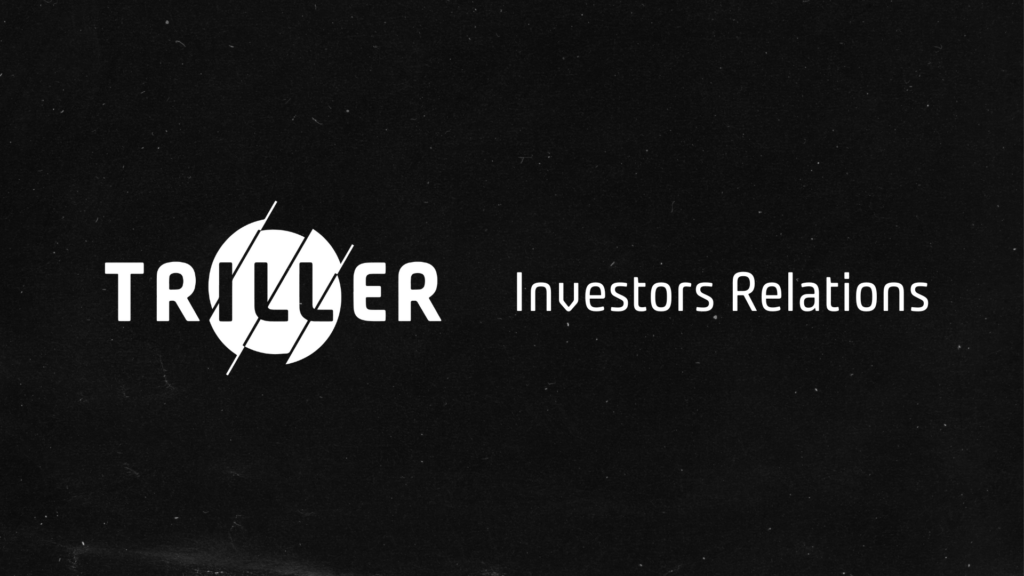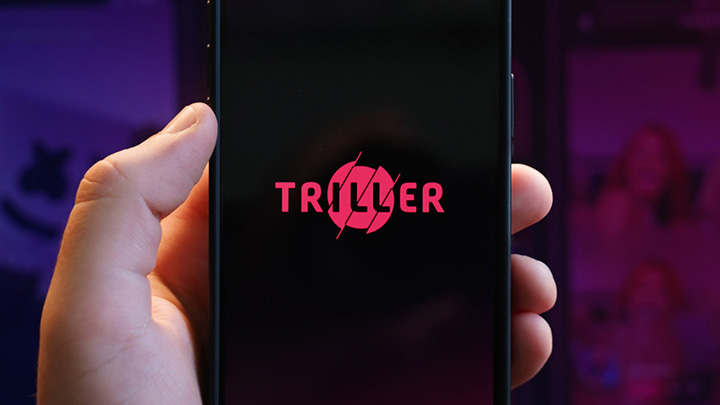Joseph Smarr is Chief Technology Officer at Triller. Previously, he was a Principal Software Engineer at Google, working on Natural Language Understanding for the Google Assistant. Before that, Joseph worked on Google Photos (co-creator of its stories feature) and was a founding technical lead of Google+. And before that, he was Plaxo’s Chief Technology Officer, where he led their initiative to open up the social web. He has served on the Board of Directors of the OpenID Foundation and OpenSocial Foundation. Joseph has a BS and MS from Stanford University in Symbolic Systems (‘02 and ‘03). His website is josephsmarr.com
What are some of the most innovative product launches from 2023?
Like everyone, I’ve been blown away by the progress on Generative AI this year (despite having worked on AI off and on for the past 20 years and having been inside Google during the birth of transformer models and BERT). My friends who are working directly on these models at Google, OpenAI, and elsewhere are all equally surprised, as far as I can tell. We’re, of course, still early in figuring out how best to use them, both directly and as ingredients in other products, but it’s such an exciting time to have these fresh and rapidly evolving capabilities in our hands!
In addition to regularly asking coding questions to ChatGPT, I’m already seeing the benefit of GenAI in new apps like Artifact (a personalized news reader from the creators of Instagram). Not only does it better “understand” what news topics I’m interested in, it does fun things like re-write clickbait-y headlines into more useful versions.
Outside of AI, I’m excited that I was finally able to get a mobile version of my CA Driver’s License on my phone. I’ve already successfully used it to get through TSA at the airport! I’ve long worked on digital identity (e.g. I helped develop the OpenID and OAuth standards), and it’s cool to see the underlying cryptographic work and selective disclosure capabilities (e.g. the ability to prove that I’m over 21 without giving away all of my other personal information) coming to mainstream government-approved use cases like this.
What do you define as the Relationship Economy and how does AI fit into it?
When we talk about the “Relationship Economy” at Triller, we mean the opportunity for fans and customers to “lean in” to the creators and brands they care about.
Fans can engage more by signing up to hear about brands or creators’ latest updates, attending events and shows, buying products, and sharing with friends. The “relationship” is established when their loyalty is noticed, rewarded, and reciprocated by the creators and brands (whether by responding back, offering early or exclusive access to content, providing discounts or VIP experiences).
You see this today at a small scale in local businesses or indie bands, but it’s still too hard to do it at scale–most creators and brands we deal with are drowning in comments, DMs, and messages across all social platforms. This makes it challenging to determine who their most loyal fans are and how to personally reward and entice each one with the right response or offer. It’s not that they don’t want to do more to give back to their fans and deepen loyalty, it’s a scale and information overload problem. And that’s where recent advances in AI really come in handy.
What we’re building at Triller is a set of AI-powered tools that can collectively act as a personal social media team for every creator and brand–to read every comment and DM (across all social networks with APIs), identify the top fans, questions, needs, etc. and help the creator most effectively identify and respond to the most promising or deserving ones. We’re seeing amazing success so far and we’re just getting started. What’s so rewarding about this work is that it’s a true win-win-win: fans feel like they finally get seen, appreciated, and rewarded for their loyalty; creators feel like they can do a better job engaging with their fans in an efficient manner; and it drives better monetization outcomes too, which enables Triller to build a business helping creators and brands become more successful.
What can we expect from Triller’s Innovative tech in 2024?
There’s so much more we can build on top of the technical foundations we’ve laid in the past couple of years! From newer ways to easily create and share compelling videos with the Triller app, ever smarter and more ubiquitous messaging experiences powered by Amplify.ai (we’re now powering many of the top Hollywood movie releases, major consumer brands, and even some key creators), an all-new Fangage platform for sharing exclusive content that creators and fans are going to love, and I could keep going: Julius continues to provide the most detailed information on the right creators for brands to partner with–especially for finding key niche audiences where the influencers really have more, you know, influence on their fans, FITE has grown into one of the most sophisticated sports streaming platforms, etc. And, of course, you can expect to see a significant expansion of our AI-powered creator platforms to help creators and brands engage at superhuman scale with their fans and drive a variety of commerce outcomes, from direct fan monetization to connecting creator/brand partnerships and beyond.
What unifies this work is our burning desire to use cutting-edge technology to help creators and brands connect more deeply and enable more of them to make this a sustainable career. We see so many instances already where the tech is working and creating magic, and 2024 is all about stepping on the gas (though maybe the EV version of that metaphor is more apt these days). I couldn’t be more excited for the road ahead!
For more insights from Triller’s leadership team, follow Triller on LinkedIn.



